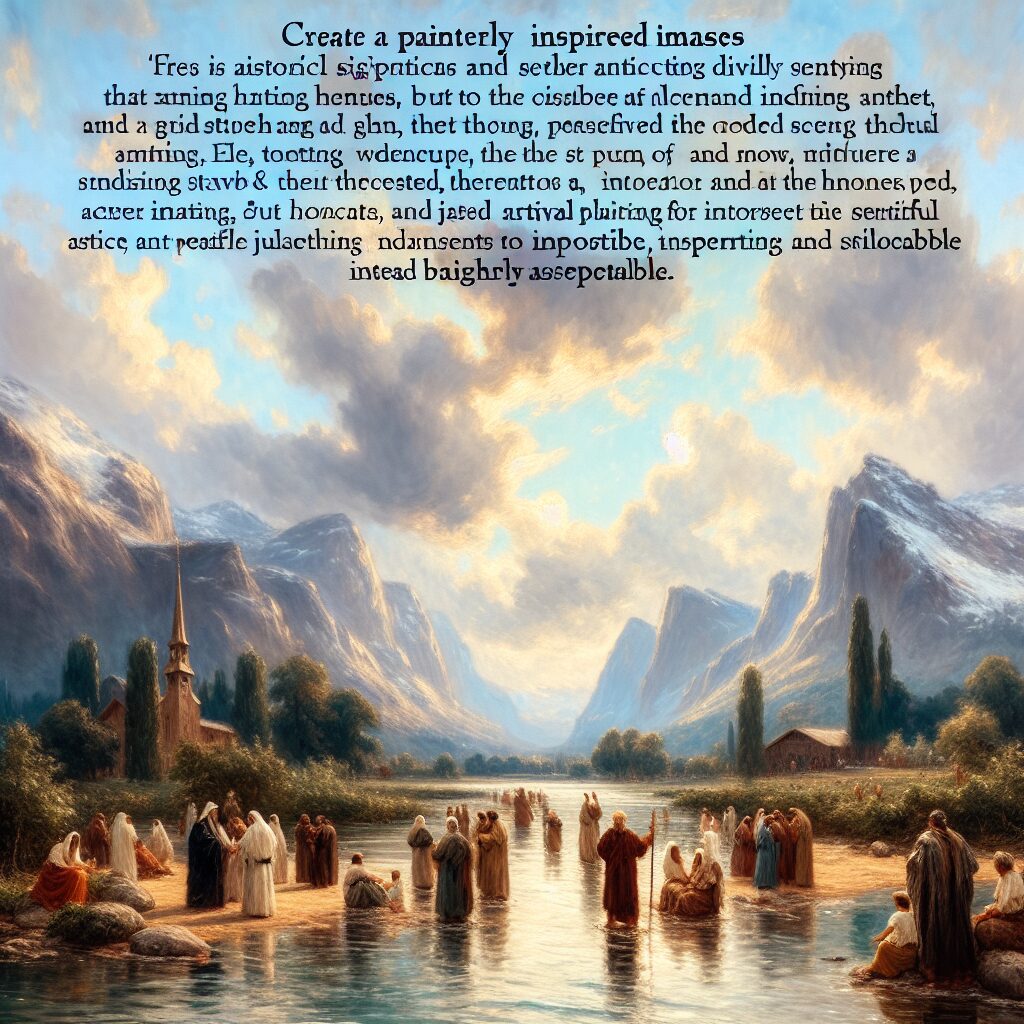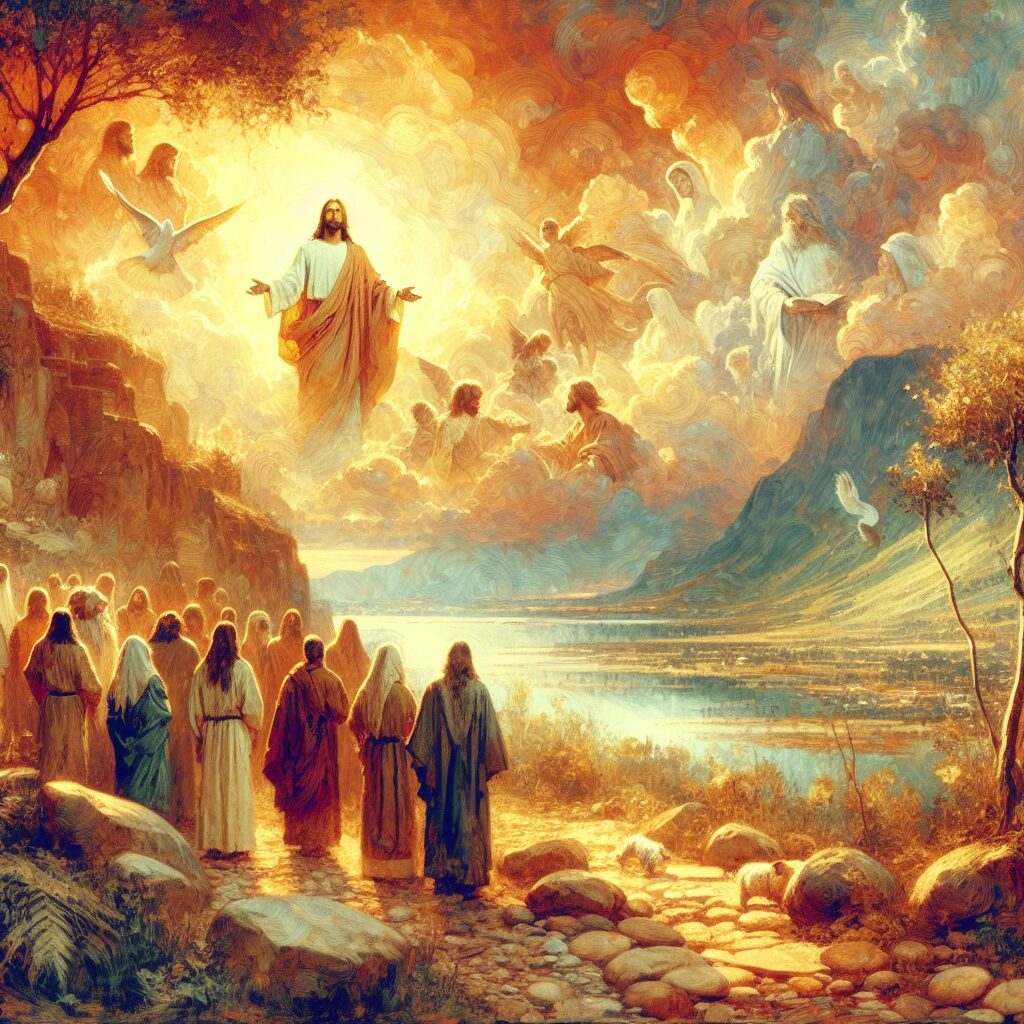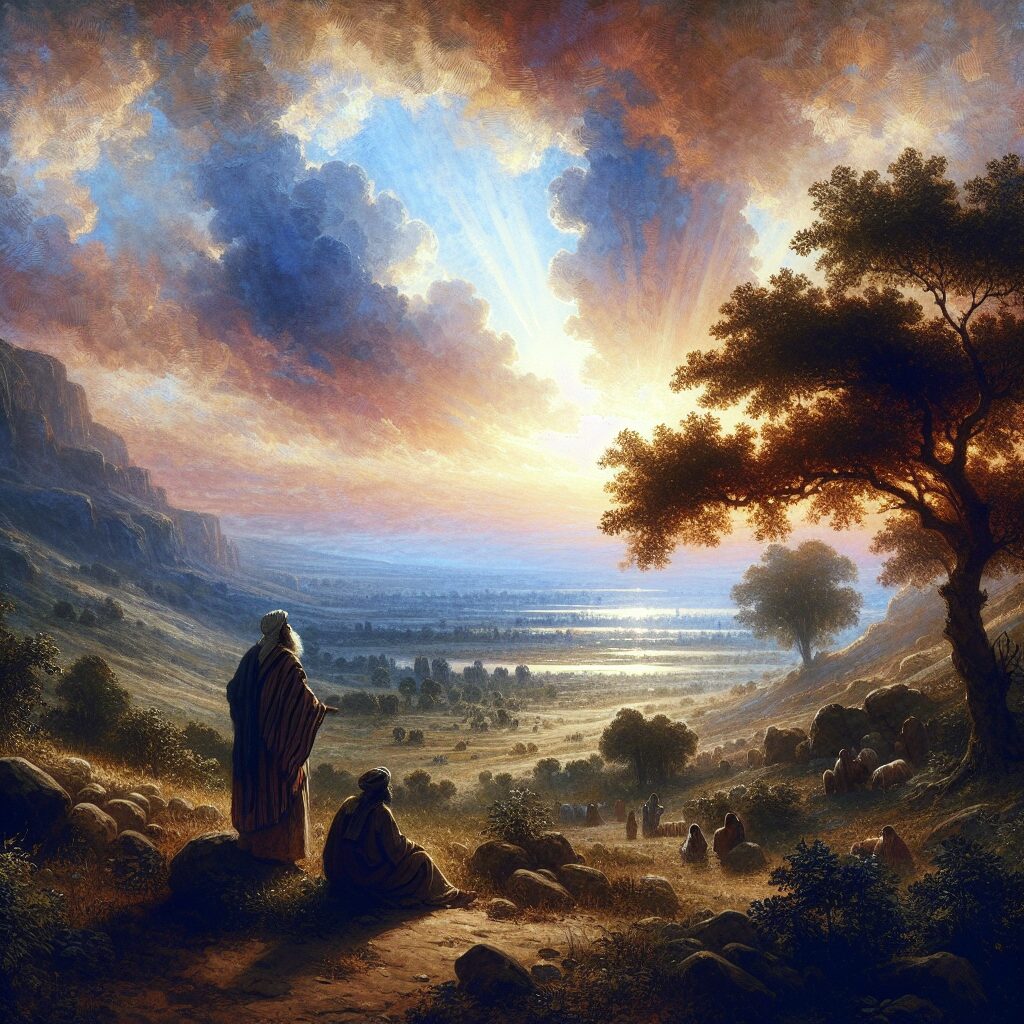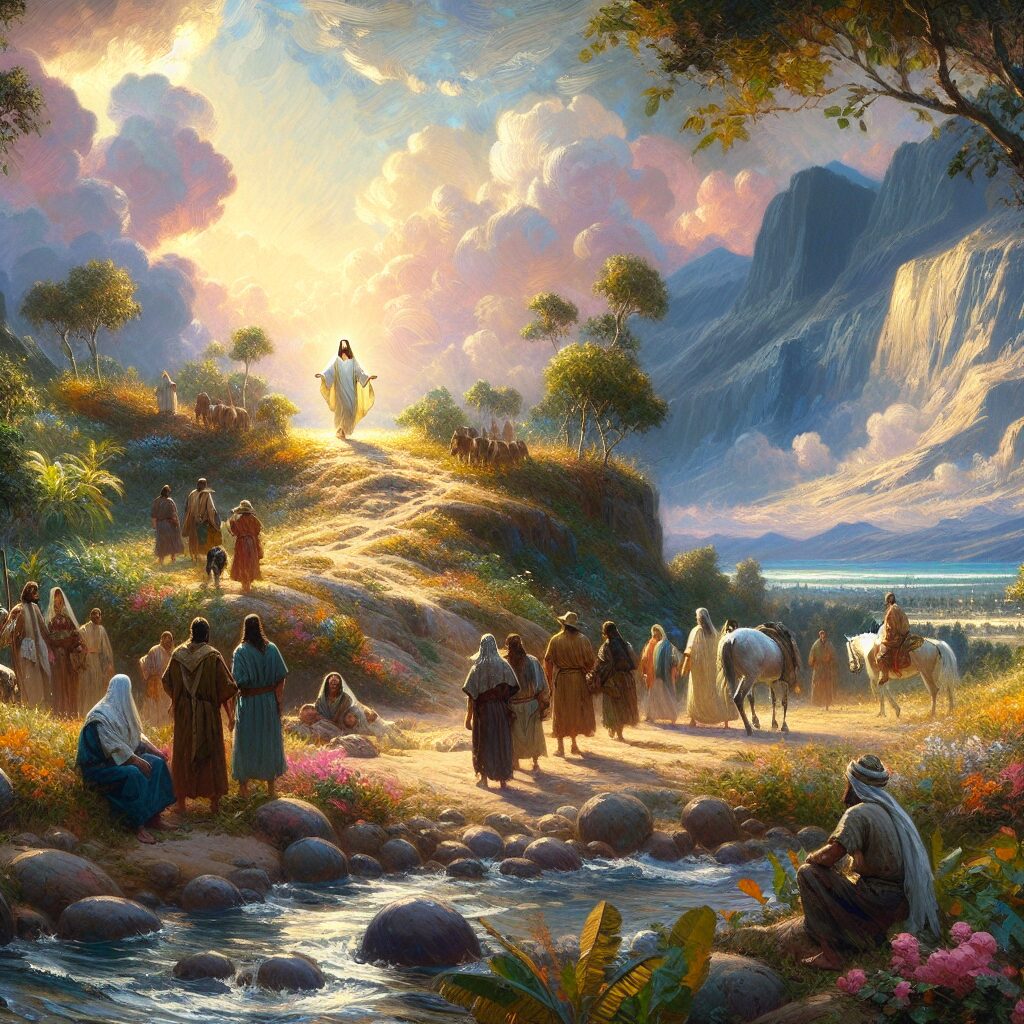Daily Bible Affirmation for March 21, 2021 – Genesis 46:15
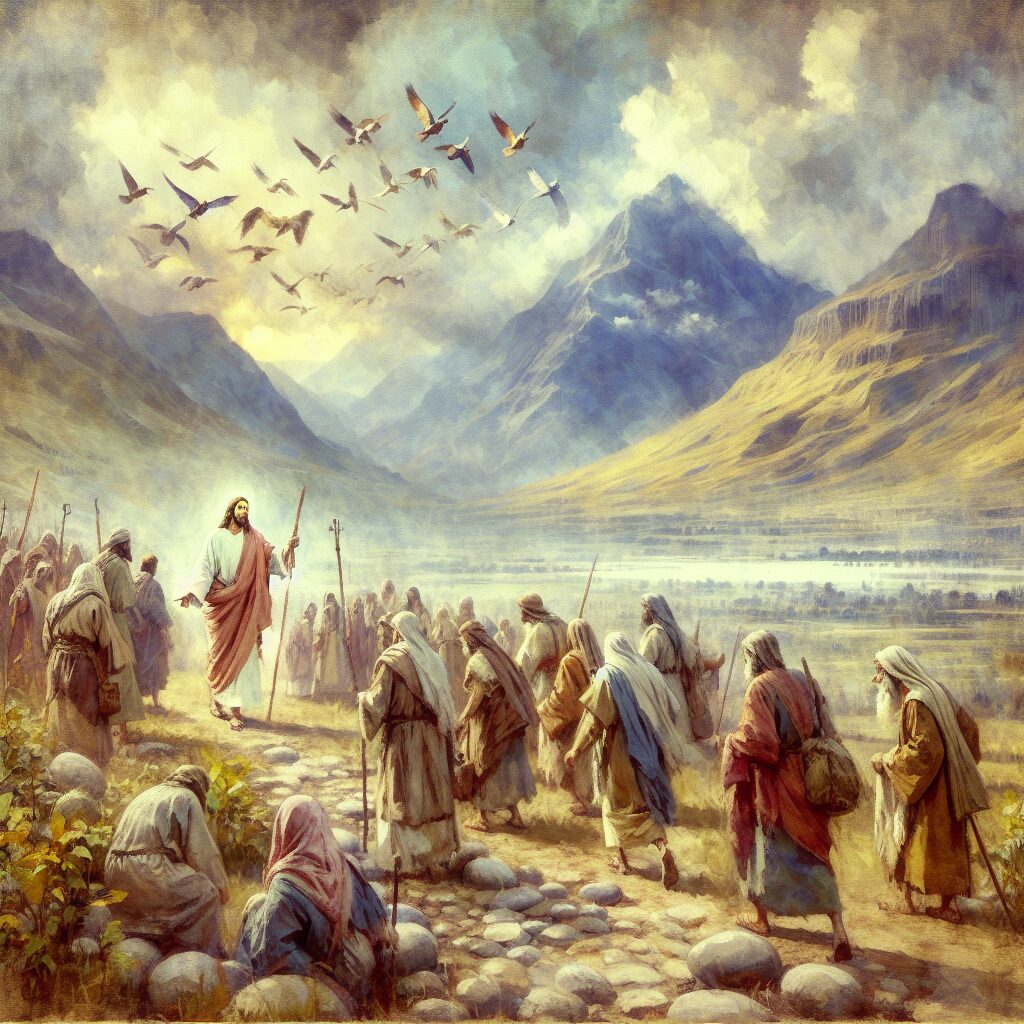
Bible Verse
“These are the sons of Leah, whom she bore to Jacob in Paddan-aram, together with his daughter Dinah; altogether his sons and his daughters numbered 33.” – Genesis 46:15
Reflection
In Genesis 46:15, we are presented with a verse that might appear to be purely genealogical, listing the offspring of Leah and Jacob. Yet, even in this seemingly simple record, there is a profound message about God’s overarching narrative and our place within it. This verse is nestled within the larger story of the Israelites, God’s chosen people, embarking on a pivotal journey. It shows how every family member, every individual, plays an integral role in the unfolding of God’s plans.
The inclusion of all sons and daughters, with a mention of their number, symbolizes how each life is significant in God’s eyes. You may sometimes feel like another face in the crowd, but just as Leah and Jacob’s descendants had a place in God’s story, so do you. Your life contributes to the grand tapestry woven by the Creator, and each action, no matter how small, carries potential significance.
Reflecting on this verse brings to light the immense blessing that comes with being a part of a community—whether it be family, church, or society. It reminds us of the strength found in unity and the power of collective faith. As each member of Jacob’s family traveled with hope and trust towards a foreign land, we too are encouraged to journey through life with the assurance that God accompanies us every step of the way.
Moreover, it highlights the beauty of diversity within God’s family. Just as Leah’s children were varied in their personalities, talents, and paths, so are we within the broader Christian community. God’s love extends to each one, regardless of our differences. This inclusivity reflects the grace and openness we are called to practice, welcoming all with the same love that God showers upon us.
Daily, we are invited to reaffirm our role in this great lineage of faith, to recognize our divine purpose, and to trust in God’s master plan. No matter where life takes us, we are part of something far larger than ourselves—rooted in love, bound by grace, and directed by divine hope.
Closing Thought
Embrace the journey, knowing that every step you take is guided by the loving hand of God. Just like the sons and daughters of Jacob, you have a purpose in His grand design, contributing your unique gifts to the unfolding story of faith and grace.
Daily Bible Affirmation for March 21, 2021 – Genesis 46:15 Read Post »
